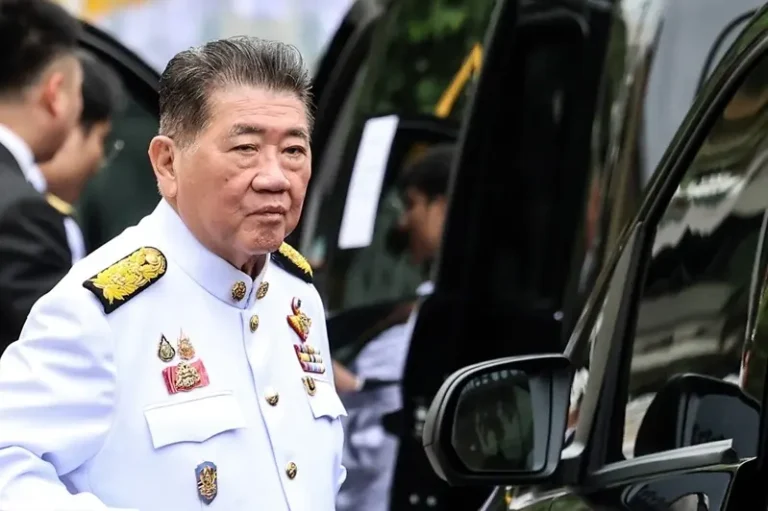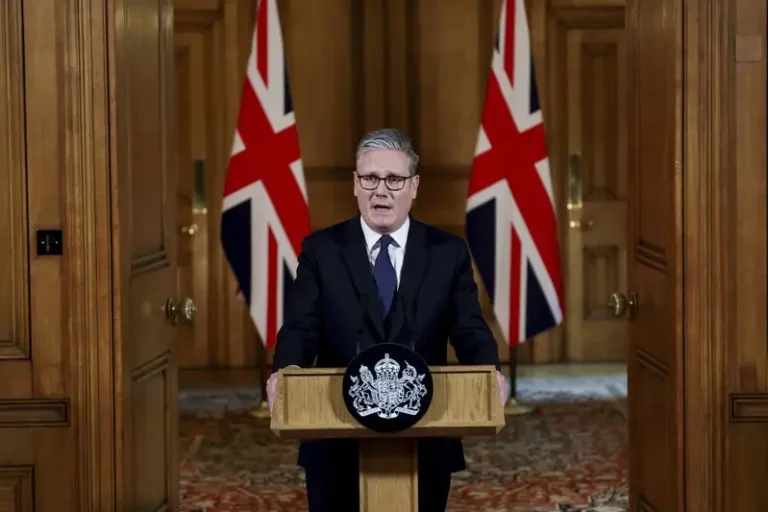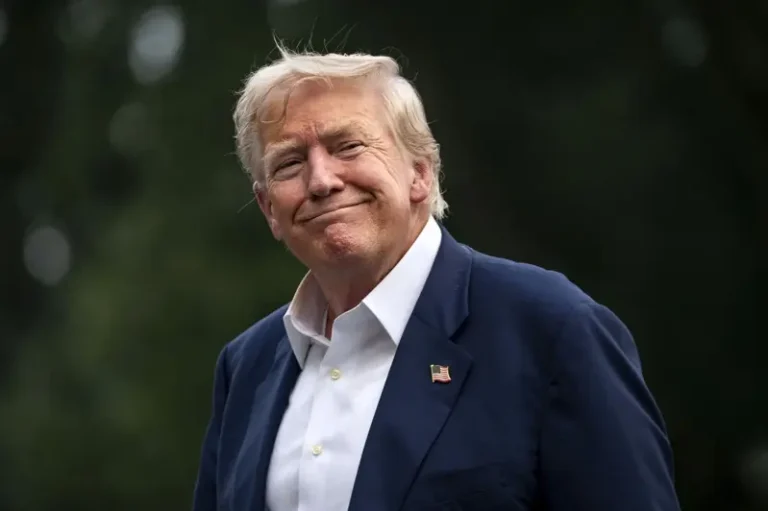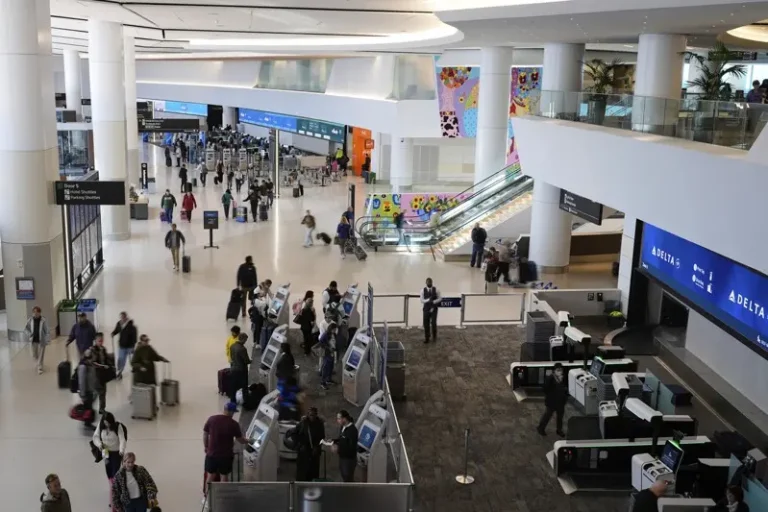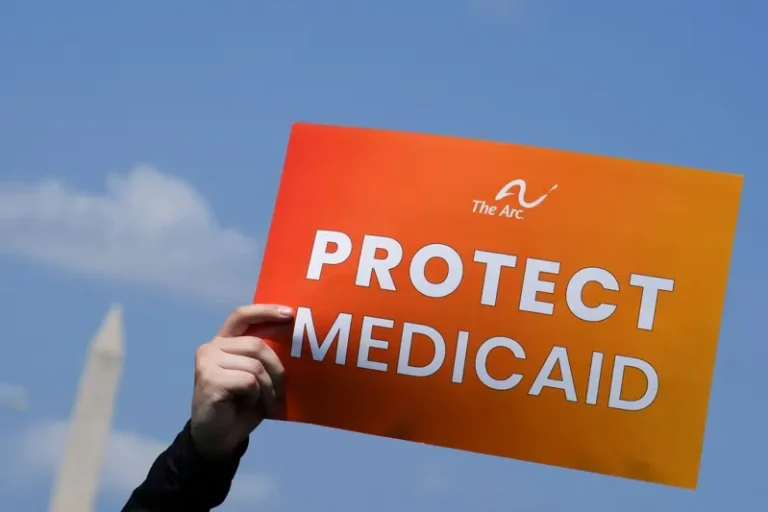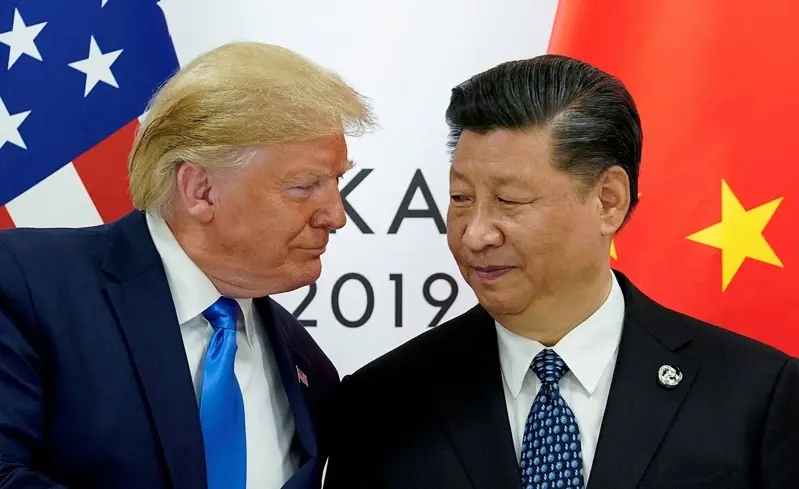
Bloomberg News exclusively quoted people familiar with the matter on the 16th as saying that US President Trump has slowed down his tough tone towards China in order to hold a summit with Chinese President Xi Jinping and reach a trade agreement.
Trump has been in office for half a year and has softened the tough rhetoric he used during the campaign against the huge US-China trade deficit and the resulting job losses. This more moderate attitude is in stark contrast to his threat to hit the economies of other trading partners with high tariffs.
According to reports, Trump, who claims to confront China in a “very friendly way”, is currently focused on reaching a purchase agreement with Beijing similar to that facilitated during his first term and celebrating the quick results, rather than addressing the root causes of the trade imbalance.
Some people familiar with the matter revealed that Trump is often the least tough person in meetings with his staff. Government officials emphasized that Trump has always had a good impression of Xi Jinping and pointed out that he still imposed strict restrictions on Huawei and imposed tariffs on most Chinese exports during his first term. However, Trump’s volatile decision-making style and his departure from his previous hard-line policy have caused concerns among government policymakers and external advisers.
The U.S. government recently allowed Nvidia to resume selling lower-end special H20 chips to China, reversing the Trump administration’s original policy of preventing key U.S. technology from falling into Beijing’s hands. This shift has further deepened outside concerns that the red lines previously drawn by the U.S. against China can now be put on the negotiating table.
According to reports, in order to further ease tensions, U.S. officials are preparing to postpone the original August 12 deadline for the restoration of tariffs on China to 145%; Bessant said in an interview with Bloomberg TV that the deadline is flexible. A person familiar with the matter said the tariff truce could be extended for another three months. At the same time, Trump is imposing new tariffs on other countries, including major allies, and threatening to take more action on industries such as pharmaceuticals and semiconductors.
U.S. Secretary of State Rubio, once one of the Senate’s most staunch China hawks, said last week that a Trump-Xi meeting was highly likely and that he had “very constructive and positive” talks with Chinese Foreign Minister Wang Yi.
Some administration officials are currently focused on getting China to agree to buy a certain amount of U.S. goods and services, but the items have not yet been determined, which may respond to Trump’s concerns about the trade deficit, but in the long run, it will not help narrow the huge trade gap.
Trump’s increasingly soft approach to China is causing divisions within his advisory team. Some members of the trade team want to maintain a tough stance on Beijing and privately promise that they will never include export controls in trade negotiations.

